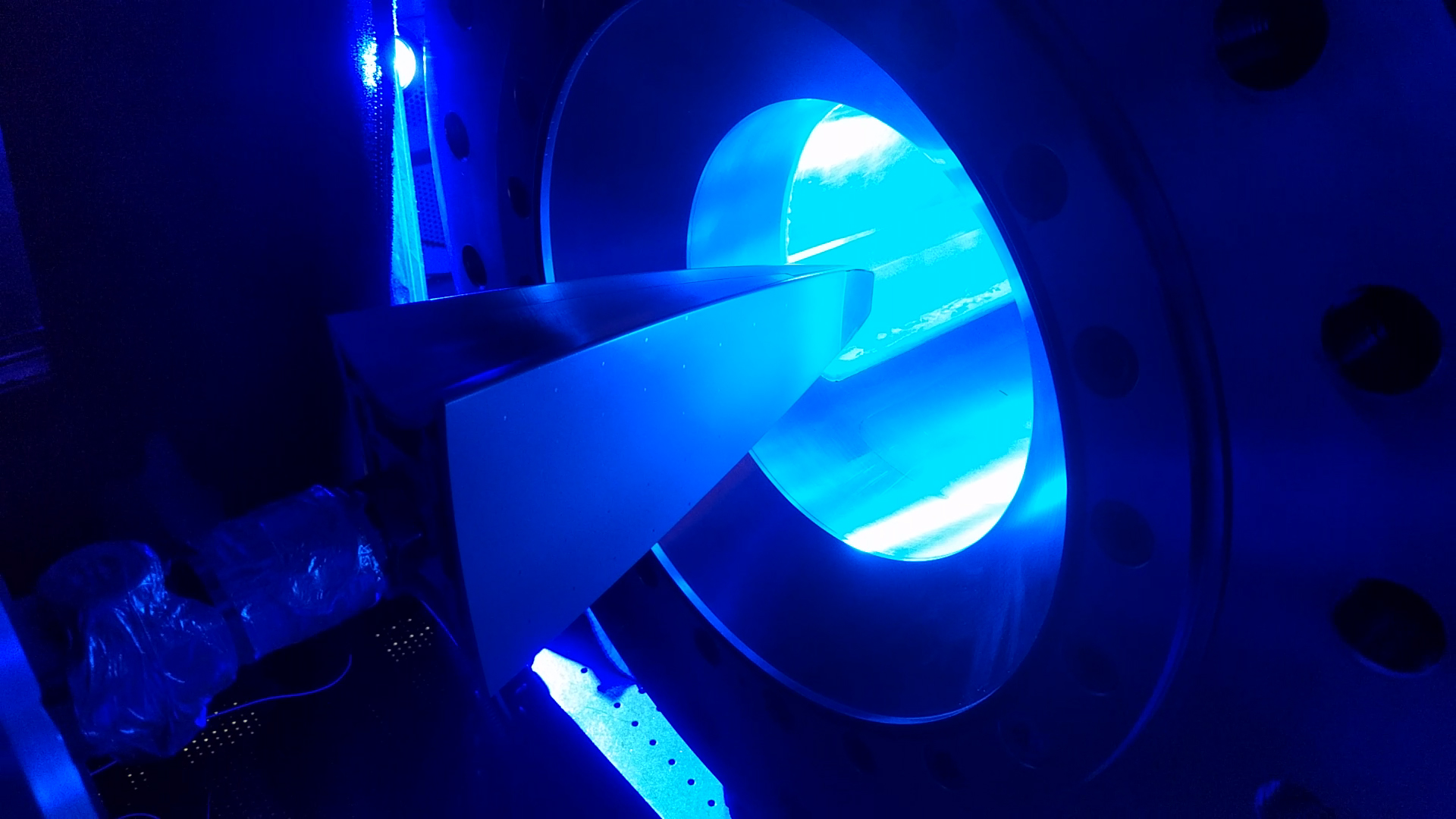Press Release
Johns Hopkins APL and Purdue University Establish Partnership Focused on Hypersonics
The Johns Hopkins Applied Physics Laboratory (APL) and Purdue University have signed an agreement that will allow both institutions to harness one another’s capabilities and expertise in the field of hypersonics. The agreement centers on hypersonic research and related technologies.
The partnership aims to foster collaboration between the institutions, with focus on hypersonic materials, guidance and navigation control systems, and sensors. APL, which brings decades of experience developing systems and technology solutions in the precision strike and air and missile defense arenas, and Purdue’s Institute for Global Security and Defense Innovation will be able to work together on research in microelectronics, quantum information, integrated data science, artificial intelligence and robotics.
As part of the agreement, APL will also provide Purdue University faculty and students with access to its facilities, including APL’s robust additive manufacturing hub at its Laurel, Maryland, campus, as well as its subject-matter experts in the Laboratory’s Force Projection and Air and Missile Defense Sectors, and Research and Exploratory Development Department. APL also hopes to work further with graduate and doctoral students from Purdue through internships, mentoring and other avenues.
“This is a natural opportunity for our institutions to work together to expand our collective knowledge about hypersonic capabilities and more,” said APL’s Precision Strike Mission Area Executive (MAE) Kirk Shawhan. Along with Shawhan, APL’s Strategic Deterrence MAE Stephen Lewia, Air and Missile Defense MAE Vishal Giare, and Research and Exploratory Development MAE Andrew Merkle will oversee the strategic partnership.
“We are looking forward to fostering this relationship and creating a collaborative environment for APL and Purdue staff members and students,” Shawhan said.
APL has collaborated with Purdue University in West Lafayette, Indiana, on the Boundary Layer Transition (BOLT) Experiments, partnering with Purdue professors, researchers and graduate students on the project and utilizing Purdue’s unique facilities and wind tunnels. Purdue houses a “quiet” Mach 6 Ludwieg tube in the Boeing-Air Force Office of Scientific Research (AFOSR) Mach 6 Quiet Tunnel facility—one of the world’s largest—on its campus. Under the new agreement, APL staff members will have enhanced access to Purdue’s wind-tunnel facilities for further projects.
“In a typical hypersonic wind tunnel, there are pressure waves — acoustic waves that come off the nozzle and into the test section — which can change the results of aerodynamic experiments significantly,” said Joseph Jewell, assistant professor in Purdue’s School of Aeronautics and Astronautics. “Ours is designed so that the level of those disturbances is up to 200 times smaller. This agreement with APL will allow us to collaborate in a way that’s much smoother and easier in the future.”
